In a move that can only be described as “global health’s worst nightmare,” the Trump administration has decided to end nearly all foreign aid spending from USAID—because, apparently, who needs to fight HIV, malaria, or Ebola when you can just… not?
On Wednesday, USAID announced it would be canceling grants for a whole host of global health programs. Because apparently, if you’re going to cut foreign aid, you might as well go all in and kick the health system when it’s down.
So what happens now? Well, a pandemic cocktail of tuberculosis, polio, and Ebola could now be free to spread without much resistance, making us all long for the days when global health crises were just something you read about in textbooks.
But don’t worry, if you’re ever feeling guilty about this, just remember: you can always donate to a cause… if you’re not too busy wondering where global health went.
In a move that could be described as “holding the world’s health hostage,” the Trump administration has canceled nearly 5,800 USAID projects, effectively turning off the global health tap.
HIV, malaria, and polio are now looking for new ways to spread, and they’re excited by the opportunity.
The Global Health Council, a group representing nonprofits and companies that rely on U.S. foreign aid, slammed the decision, saying: “This reckless and unilateral move will cost millions of lives around the world.”
So, yeah, a bit dramatic, but when the U.S. just cut decades of progress with the flourish of a pen, it does have a certain catastrophic flair.
Global Health Is on Life Support
Thanks to this bold stroke of policymaking genius, organizations are left to pick up the pieces, while diseases get to throw their own party.
No big deal—just millions of lives and the fate of global health at risk.
Oh, and did we mention the whole thing was done without due process, transparency, or good faith? Because that’s always the best way to handle life-or-death decisions. Stay tuned for the sequel: ‘How to Destroy a Decade of Progress in 5,800 Easy Steps.’
Right after taking office, the Trump administration hit pause on nearly all foreign assistance, citing the need for a 90-day review to make sure the funds align with their policies.
Because, of course, global health, poverty relief, and human rights are totally secondary to making sure the aid passes a political vibe check.
In the meantime, countries waiting for aid are probably practicing deep breathing exercises.
Just when you thought it couldn’t get any more disastrous, the State Department dropped stop-work orders like confetti, halting all foreign assistance funded by or through USAID and the State Department.
These orders came with no warning, turning the global aid landscape into a game of 4,000-piece Jenga—only instead of blocks, it’s people’s lives at stake.
Then came the “lifesaving waivers,” which were supposed to keep critical programs like PEPFAR (President’s Emergency Plan for AIDS Relief) running. Great, right?
Well, the waivers were about as organized as a toddler’s birthday party—unevenly applied and, even worse, most organizations still didn’t get paid.
So, international health groups thought the waivers would work through the 90-day review period, but the only thing that worked on time was the confusion. Meanwhile, the chaos continued, and those in need were left hanging, wondering if they’d ever see the aid they were promised.
So, if you thought the chaos and confusion of the past month was bad, the Trump administration just cranked it up to 11.
They announced that every single project imaginable in HIV, tuberculosis, malaria, and nutrition was officially terminated. Because, you know, why focus on solving global health crises when you can just pull the plug and watch the chaos unfold?
Mitchell Warren, head of AVAC, didn’t mince words, calling the move a “strategy of chaos” with zero effort to align with foreign policy, diplomacy, or public health threats. In other words, the administration’s approach seems to be: “Throw a grenade, see what happens, then call it ‘good faith.’”

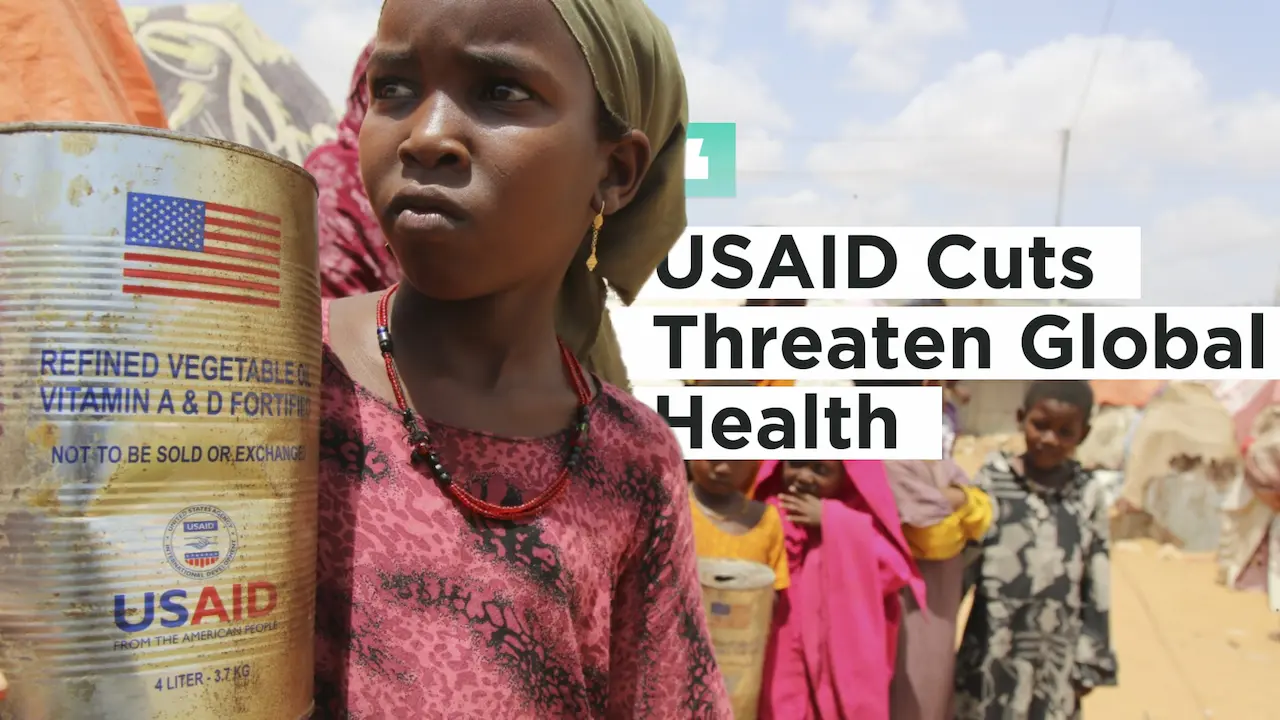

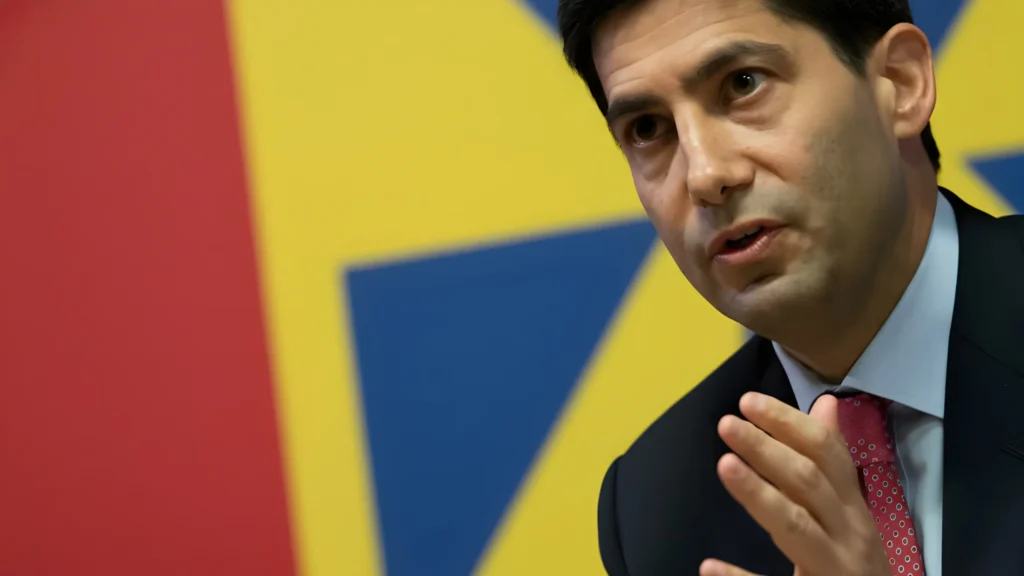
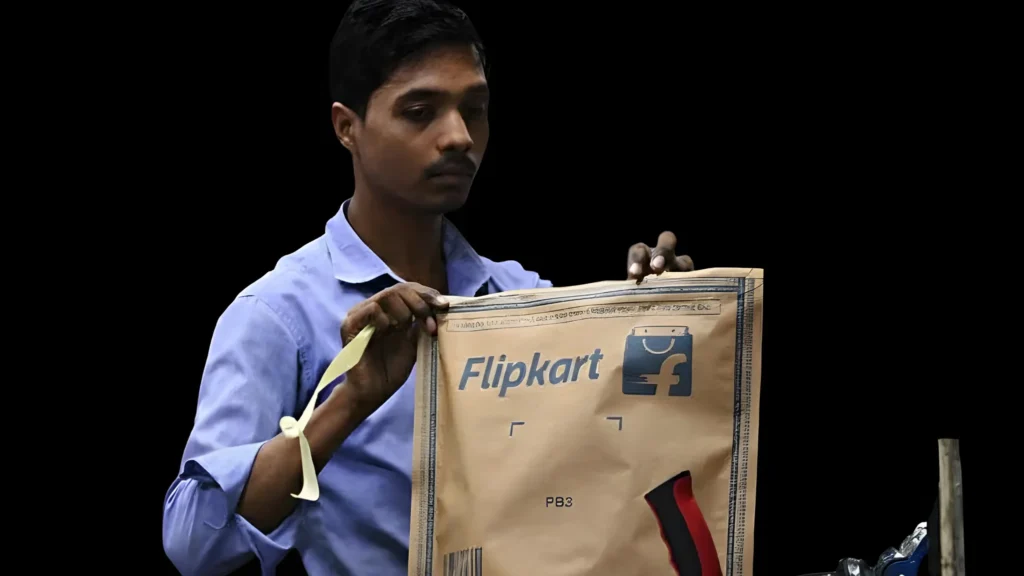

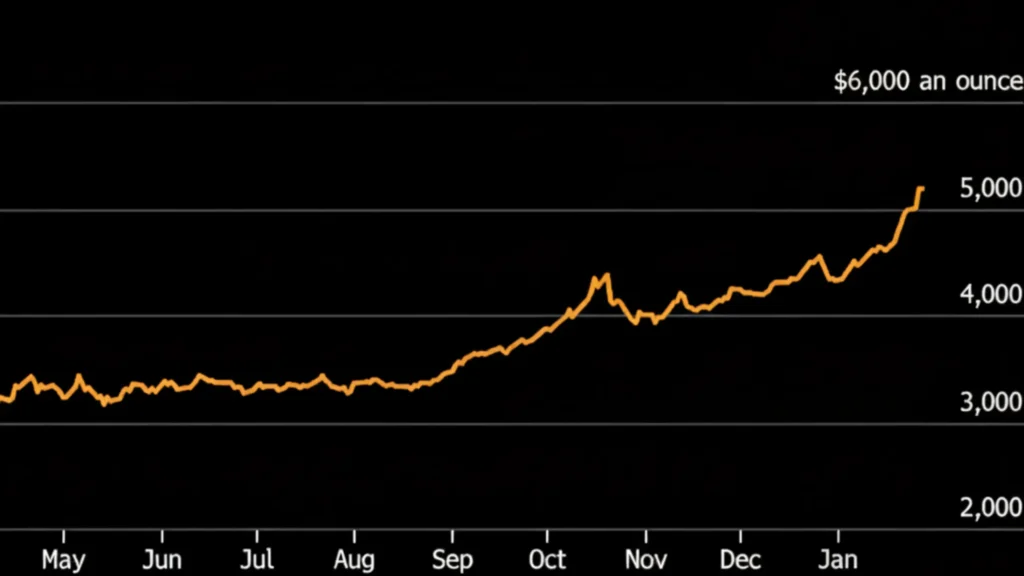
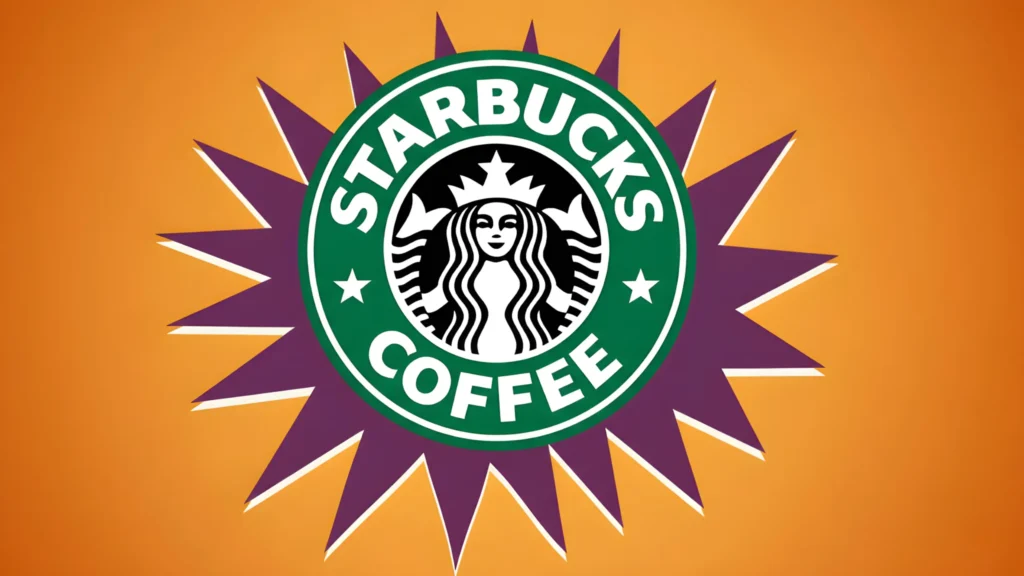



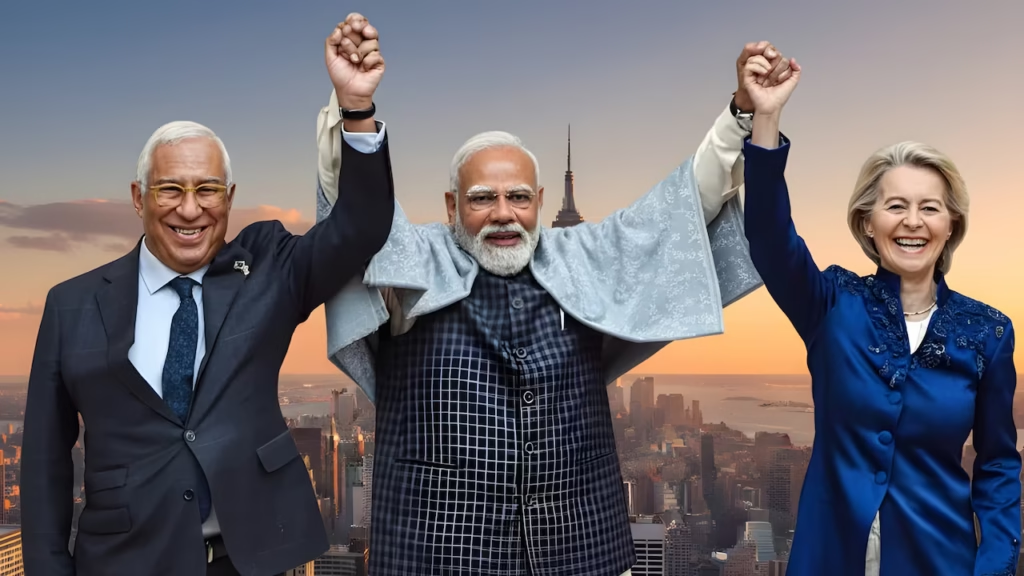
Leave a Reply